Introduction
Pomeranian temperament plays a key role in providing the best care for your dog.
- Pomeranians are known for their lively, confident, and affectionate nature
- They are a small breed with a big personality that can be both charming and challenging
- Knowing their temperament traits will help you manage their behavior effectively
- This guide covers various aspects of Pomeranian temperament and what to expect
- By understanding their nature, you can ensure a harmonious relationship with your pet
1. Personality Traits
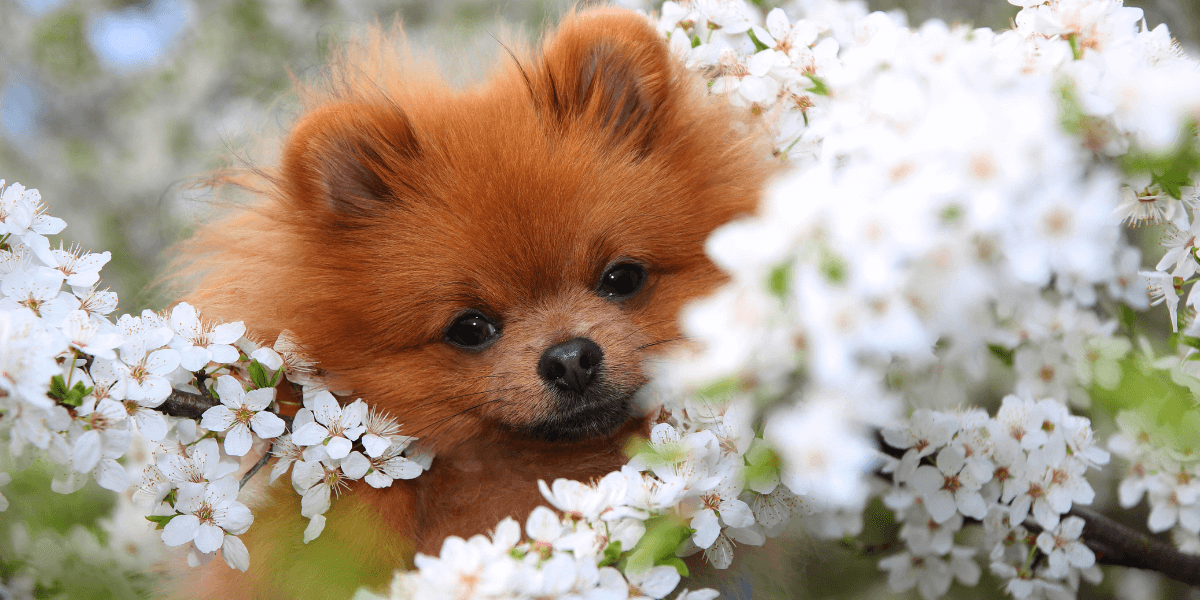
Pomeranians have distinct personality traits that shape their behavior and interactions.
- Lively Nature: They are energetic and enjoy playtime and physical activity
- Confident Attitude: Known for their bold and fearless demeanor despite their size
- Affectionate Behavior: They form strong bonds with their owners and seek attention
- Alertness: Highly aware of their surroundings and quick to alert to changes
- Intelligence: Quick learners who enjoy mental stimulation and challenges
- Social Nature: They generally get along well with other pets and people
- Curiosity: Always exploring and investigating their environment
2. Training and Obedience
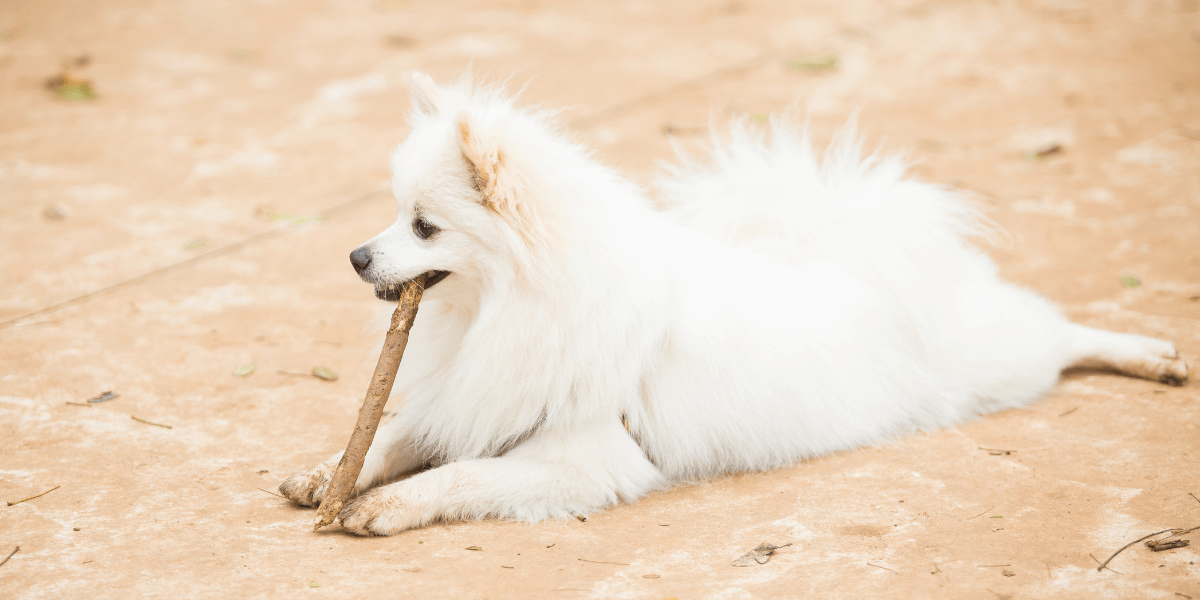
Training a Pomeranian can be a rewarding experience if you understand their temperament.
- Positive Reinforcement: Use treats and praise to encourage good behavior
- Consistency: Maintain a consistent training routine to ensure success
- Short Sessions: Keep training sessions brief to match their attention span
- Socialization: Introduce them to various people and environments early on
- Patience: Be patient and persistent, as they can be stubborn at times
- Mental Stimulation: Provide puzzles and games to keep their minds active
- Avoid Harsh Methods: Gentle training techniques work best with this breed
3. Social Behavior

Social behavior in Pomeranians involves how they interact with people and other animals.
- Friendly with People: They generally enjoy meeting new people and socializing
- Good with Children: They can get along well with children when properly socialized
- Behavior with Other Pets: They usually do well with other pets if introduced gradually
- Stranger Interaction: They might be reserved or cautious with strangers
- Playfulness: They enjoy playing with both people and other pets
- Protective Instinct: Can be protective of their family and territory
- Socialization Needs: Regular socialization helps them develop good behavior
4. Exercise Requirements
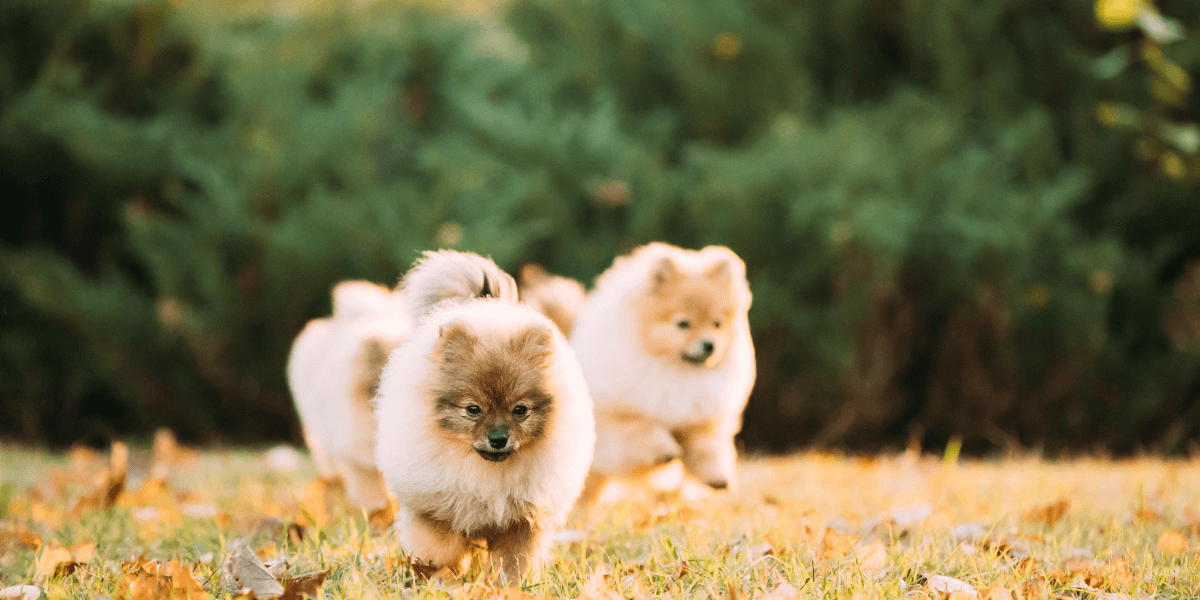
Exercise is key to a healthy Pomeranian temperament and overall well-being.
- Daily Walks: Regular walks help expend their energy and keep them fit
- Playtime: Engage them in interactive play like fetch or tug-of-war
- Mental Stimulation: Include activities that challenge their minds
- Outdoor Adventures: Enjoy outdoor activities to stimulate their senses
- Indoor Activities: Provide toys and games to keep them entertained indoors
- Avoid Overexertion: Be mindful not to overwork them, especially in hot weather
- Routine: Establish a regular exercise routine to meet their physical needs
Learn how proper exercise can help prevent hip dysplasia in Great Danes and keep your dog healthy.
5. Grooming and Maintenance
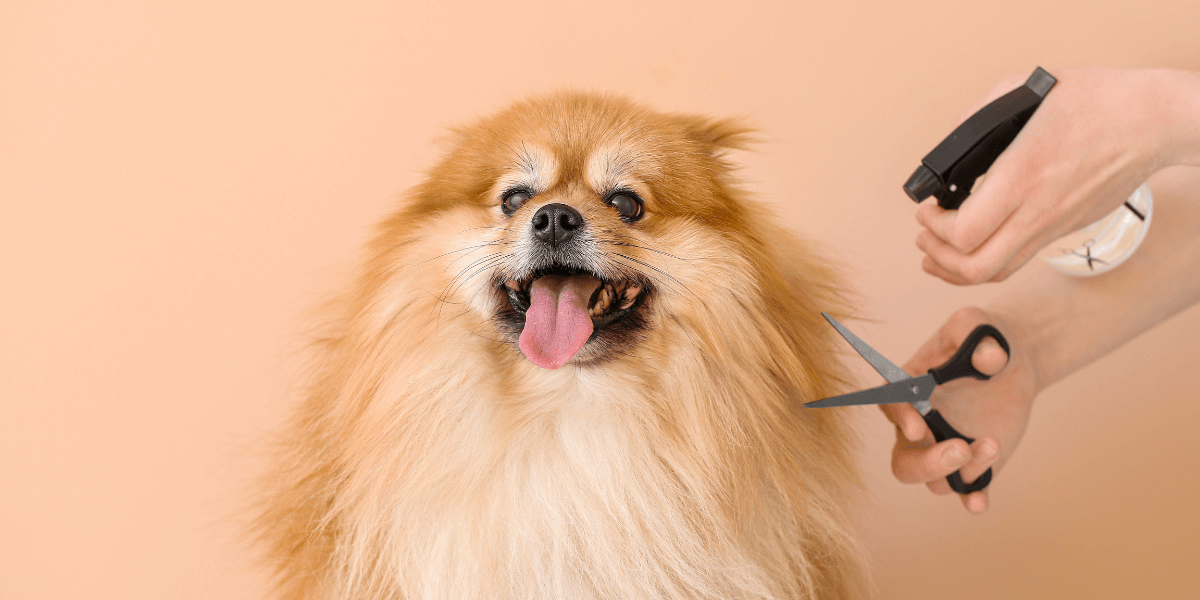
Regular grooming is important for maintaining the health and appearance of a Pomeranian.
- Brushing: Regular brushing helps prevent matting and keeps their coat healthy
- Bathing: Bathe them as needed to keep their coat clean and fresh
- Nail Trimming: Regular nail trimming is essential to avoid discomfort
- Ear Cleaning: Check and clean their ears to prevent infections
- Dental Care: Brush their teeth regularly to maintain oral health
- Professional Grooming: Consider professional grooming for a thorough job
- Shedding: Be prepared for regular shedding, especially during seasonal changes
6. Health Considerations

Knowing common health issues helps you provide the best care for your Pomeranian.
- Dental Issues: Pomeranians are prone to dental problems, so regular check-ups are vital
- Eye Health: Monitor for any signs of eye issues and consult your vet if needed
- Joint Health: Be aware of potential joint problems, especially as they age
- Skin Conditions: Watch for skin issues or allergies that may require attention
- Weight Management: Keep an eye on their weight to prevent obesity
- Regular Vet Visits: Schedule regular check-ups to ensure overall health
- Vaccinations: Ensure they are up-to-date on vaccinations and preventive care
Stay informed about common health issues in Great Danes to ensure your pet's well-being.
7. Behavioral Challenges
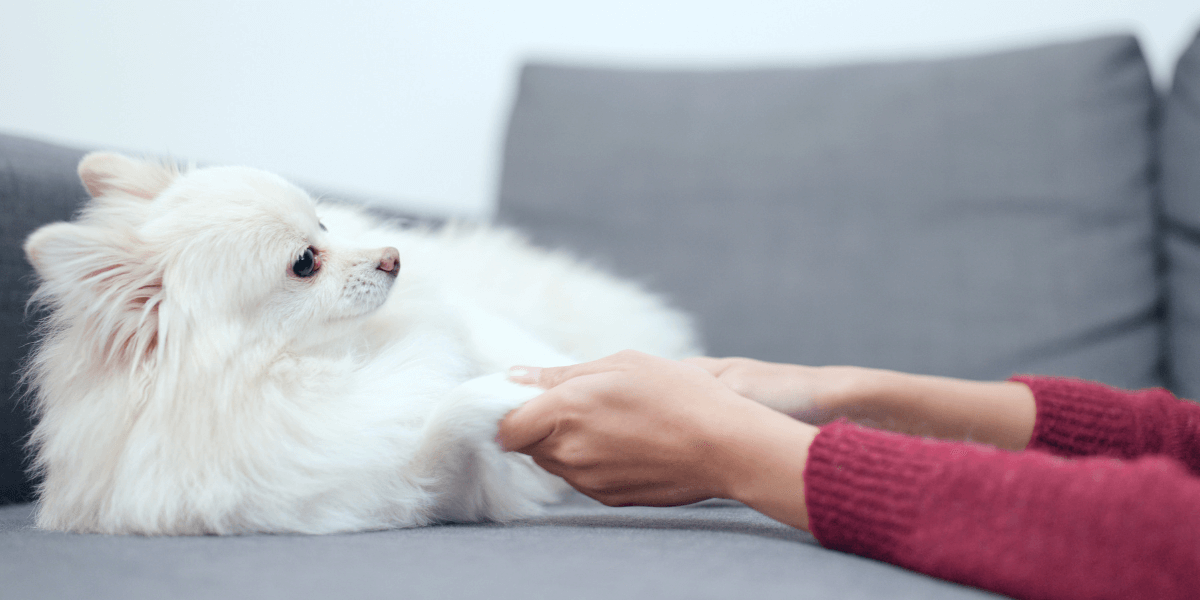
Managing behavioral challenges fosters a more harmonious bond with your Pomeranian.
- Barking: They can be prone to excessive barking; training can help manage this
- Separation Anxiety: They might feel anxious alone and need gradual training to adjust
- Stubbornness: Their independent nature can make training a challenge
- Jealousy: They might show jealousy towards other pets or people
- Destructive Behavior: Provide proper toys to prevent chewing and destructive actions
- Socialization Issues: Inadequate socialization can lead to fearfulness or aggression
- Training Consistency: Consistent training and patience are key to overcoming challenges
Discover effective training tips to address behavioral challenges in your Great Dane.
FAQs
1. How does Pomeranian temperament affect their behavior with children?
- Pomeranians are generally great with children when properly socialized from a young age
2. How can I train my Pomeranian effectively?
- Use positive reinforcement, be consistent, and keep training sessions short and engaging
3. Are Pomeranians good with children?
- Yes, they can be good with children if properly socialized from a young age
4. How much exercise does a Pomeranian need?
- They need daily walks, playtime, and mental stimulation to stay healthy and happy
5. How often should I groom my Pomeranian?
- Regular brushing, bathing as needed, and routine grooming are essential for their coat
6. What are common health issues in Pomeranians?
- Common issues include dental problems, eye health concerns, and joint issues
7. How can I address behavioral challenges in my Pomeranian?
- Address challenges through consistent training, proper socialization, and suitable toys
Conclusion
- Pomeranian temperament shapes their behavior, so effective training and care are crucial
- Their lively and affectionate nature makes them wonderful companions
- Regular training, exercise, and grooming are essential for their well-being
- Be mindful of health considerations and address any behavioral challenges promptly
- Share your experiences and tips with fellow Pomeranian owners to help them too
- For more insights on Pomeranian care, check out additional resources and expert advice
Like this guide on Pomeranian temperament? Share it and comment with your experiences!
References
For more info on the Pomeranian Temperament: What to Expect from Your Dog, check out:



